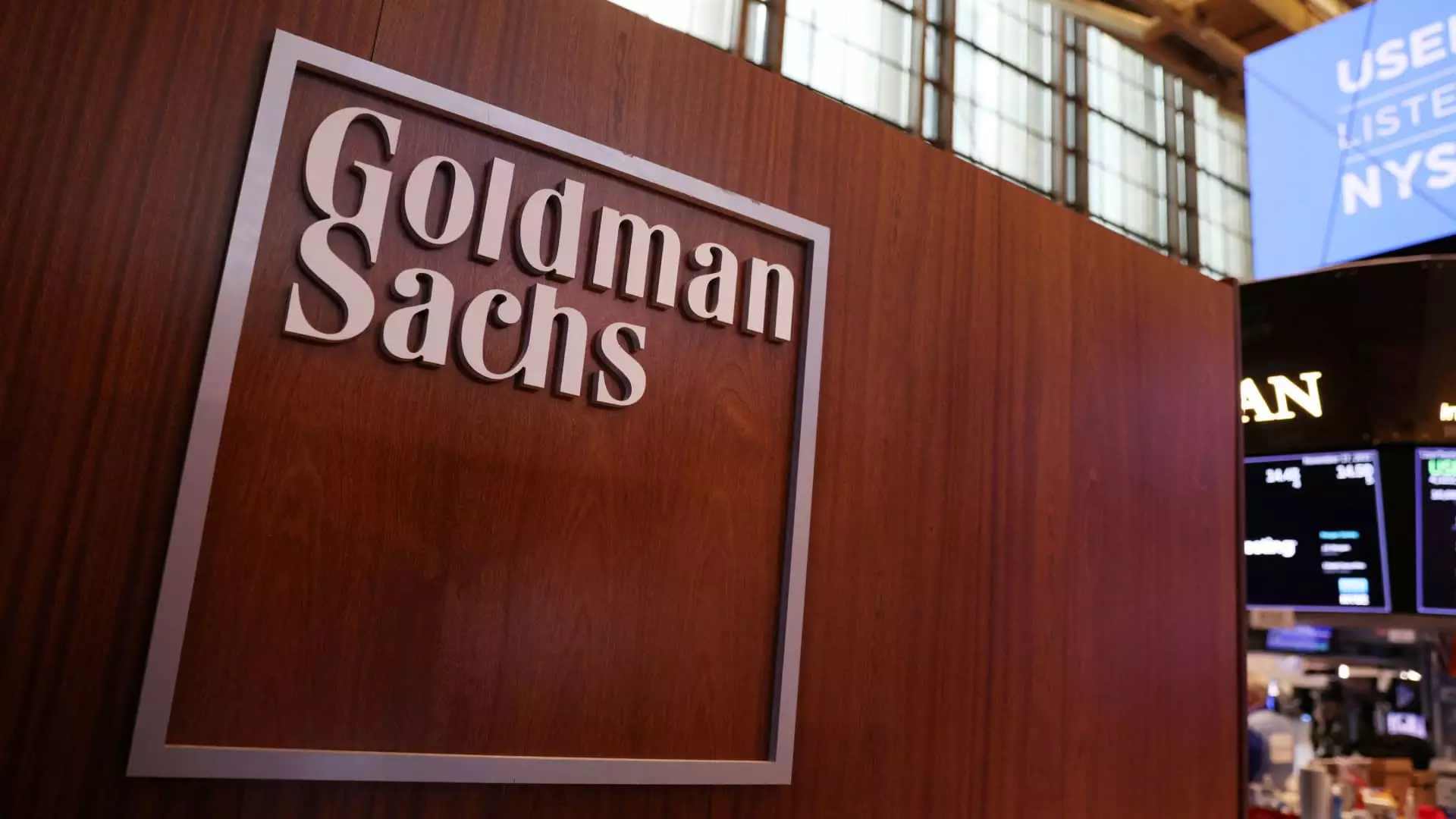In recent years, the narrative around artificial intelligence has shifted from cautious optimism to near-utopian visions of automation conquering every facet of human labor. Nowhere is this trend more palpable than in the financial sector, where Goldman Sachs has boldly announced the integration of an AI software engineer into its workforce. This move, heralded as a groundbreaking breakthrough, masquerades as a leap towards efficiency but risks obscuring the deeper implications of surrendering creative and critical human judgment to machines. The optimism surrounding “Devin” — an AI purportedly capable of executing sophisticated software development tasks — must be critically examined. Are we truly witnessing progress, or are we blindly chasing a technological mirage that could undermine the foundation of meaningful employment and societal stability?
The portrayal of Devin as an autonomous engineer capable of executing multi-step programming assignments creates the illusion that machines are becoming equal collaborators. However, this narrative glosses over the nuances of human intelligence—its flexibility, moral reasoning, and capacity for innovation. The current hype over Devin’s capabilities reduces complex problem-solving to pattern recognition and predefined instructions, neglecting the unpredictable, intuitive aspects that define human craftsmanship. While AI may handle repetitive coding tasks, the assumption that it can replace nuanced decision-making, ethics, and contextual understanding remains a dangerous oversimplification.
The Real Cost of Automation for the Workforce
The promises of increased productivity, projected to quadruple or even quintuple current rates, come at a potential cost that is often buried beneath glowing press releases. Goldman Sachs, a titan of global finance, claims AI integration will augment its human talent, not replace it. But this is an optimistic illusion. The reality is that automation tends to erode the very jobs it promises to enhance. For every task that Devin automates—updating legacy code, optimizing workflows—there’s a human worker whose role diminishes. The narrative of a “hybrid workforce” is, at best, a soft landing for anxious employees, and at worst, a strategy to mask looming layoffs.
The broader economic landscape indicates that rapid adoption of AI in financial services and beyond forecasts significant job destruction—potentially hundreds of thousands in the coming years. The underlying truth is that AI, particularly agentic models like Devin, threatens the very fabric of job security. While tech giants and venture capital investors see opportunity, workers face a future where their skills are devalued and replaced. This dynamic amplifies socio-economic inequalities, feeding the cycle of precarious employment for the many, while enriching the few who control these powerful tools.
The Power Play of Tech Giants and the Ethical Void
Cognition’s swift rise, valuation surge, and backing by influential figures like Peter Thiel and Joe Lonsdale underscore the strategic importance of AI as a weapon of economic dominance. Yet, this ascendancy is often driven by a profit motive that sidelines ethical considerations. The unchecked deployment of autonomous AI models risks offloading critical decision-making to machines lacking moral guidelines, transparency, or accountability.
The technological hubris underlying these developments is alarming. By framing AI as a superior or equivalent workforce, corporations foster a dangerous mythos of infallibility. AI’s capacity to produce nearly half of the code at companies like Salesforce is impressive but also dangerously misleading. It implies that complex, ethical, and strategic decisions can be automated, disregarding the intrinsic value of human oversight. Moreover, the lack of meaningful regulation and oversight enables rapid proliferation of these tools, often without due reflection on societal consequences.
The Forward Path: Embracing Humanity, Not Replacing It
While advocates champion AI as a force that will revolutionize work for the better, a sober perspective recognizes the importance of human-centered innovation. AI should serve as an augmentation—empowering rather than dehumanizing—our workforce. The risk is that in our rush to automate, we forget the essential qualities that make human labor meaningful: creativity, moral judgment, empathy, and community-building.
The future demands a conscientious approach, where technological progress aligns with the needs of society rather than mere corporate profit. Policymakers, industry leaders, and workers must ask tough questions: Are we prepared for the social consequences of widespread automation? Will regulations protect workers, or will they lag behind technological capabilities? A balanced, centrist liberal critique insists that innovation must be ethical and inclusive, resisting the seductive allure of unchecked technological deus ex machina that threatens to elevate profits over people.
Rather than viewing AI as a substitute for human ingenuity, we should harness its potential to complement human strengths. Education, retraining, and social safety nets are essential in navigating this transformative era. Instead of ceding control to machines that mimic our tasks, we should focus on fostering human skills that machines cannot replicate—empathy, moral reasoning, and complex problem-solving—ensuring that technological advancement uplifts society rather than erodes it.

Leave a Reply